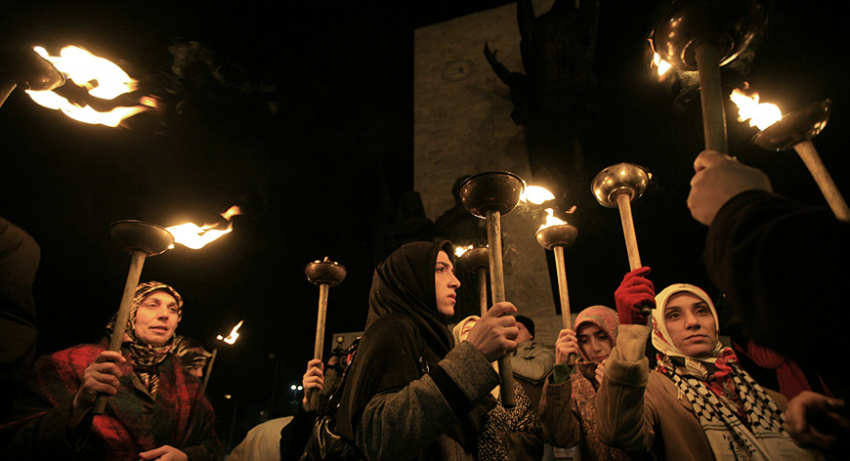Islamic Human Rights Day, A Symbol of Worldwide Islamic Identity

Islamic Human Rights and Human Dignity Day (August 3) in the calendar of the Islamic Republic of Iran is a symbol of the "expression of Islamic identity" by the Islamic community at the international level, particularly regarding human rights.
Human rights are inborn fundamental rights of every human being, just because of being a human being, regardless of color, race, language, nationality, geography, or other criteria. Human rights and human dignity are among the issues that all free-thinking and free-spirited human pursue to promote excellence of human societies.
From the Islamic point of view, human rights are not a new issue, but have always been emphasized since the advent of Islam. Islam values all human rights and the respect for the right to life in Islam is very high to the extent that no human being is entitled to deprive even himself of this right to life.
It should be borne in mind that the Universal Declarations of Human Rights and the Cairo Declaration (Cairo Declaration of Human Rights in Islam) were adopted in 1948 and 1990, respectively, and each seeks in its own way the realization of human rights and freedoms. The publication of the Declaration of Islamic Human Rights by the member states of the Organization of Islamic Cooperation was an opportunity for Islamic countries, based on pure Islamic ideas and culture, to come up with a collective solution to value human rights from the perspective of Islamic law.
A part of the resolution, designating a day to human rights and human dignity, states that according to Islamic law human rights are the inherent dignity and value of human beings, and the Islamic nation, which God has made the best nation, has a universal mission.
The resolution also states: The prevailing conditions in the international arena and the need to strengthen active cooperation and coordination among the member states of the OIC in order to obtain tools and means of dissemination, promotion and preservation of Islamic teachings and values in the field of human rights, and also to protect the true image of Islam and the struggle against affront against Islam and encourage dialogue between religions, it is necessary to choose a day called Islamic Human Rights and Human Dignity Day to provide an opportunity for the Islamic Ummah and Muslims to be able to introduce Islamic human rights to the communities on that day and discuss the human rights challenges in the world today.
According to the mentioned resolutions, human rights and human dignity based on Islamic standards are very important issues in the field of law, philosophy, ethics and mysticism, for this is the basis of many human rights, privileges and duties. Sustainable development in any society, as well as in the world community, depends on the observation of these rights. If this principle is ignored and there is no practical commitment to its effects, values such as justice, freedom and peace in domestic and international relations will lose their meaning, and in this case we will face a world full of oppression, injustice, ruthlessness, violence, war, aggression, terror and discrimination. According to Islamic teachings, the most important criterion is virtue and piety. The Holy Quran states: “O you men! surely We have created you of a male and a female, and made you tribes and families that you may know each other; surely the most honorable of you with Allah is the one among you most careful (of his duty); surely Allah is Knowing, Aware” (49:13). According to this verse, the only criterion for honor with God is piety and carefulness; no other criterion.
The Cairo Declaration of Human Rights in Islamic is in fact an attempt by the Islamic community to express its Islamic identity at the international level and to express the views and opinions of this divine religion regarding human rights. The lack of international supervision on human rights has caused the oppression of some Islamic nations. Hence, there is a need to strengthen active cooperation and coordination among Islamic countries in order to support and defend the true image of Islam. On the other hand, Islamic Human Rights and Human Dignity Day is an opportunity for the Muslim governments and Muslim thinkers to offer appropriate solutions to improve human rights in theory and practice based on the needs of the contemporary world and also those of future generations.
* Afsaneh Reshad holds a Ph.D. in international relations and is a lecturer at Azad University.

